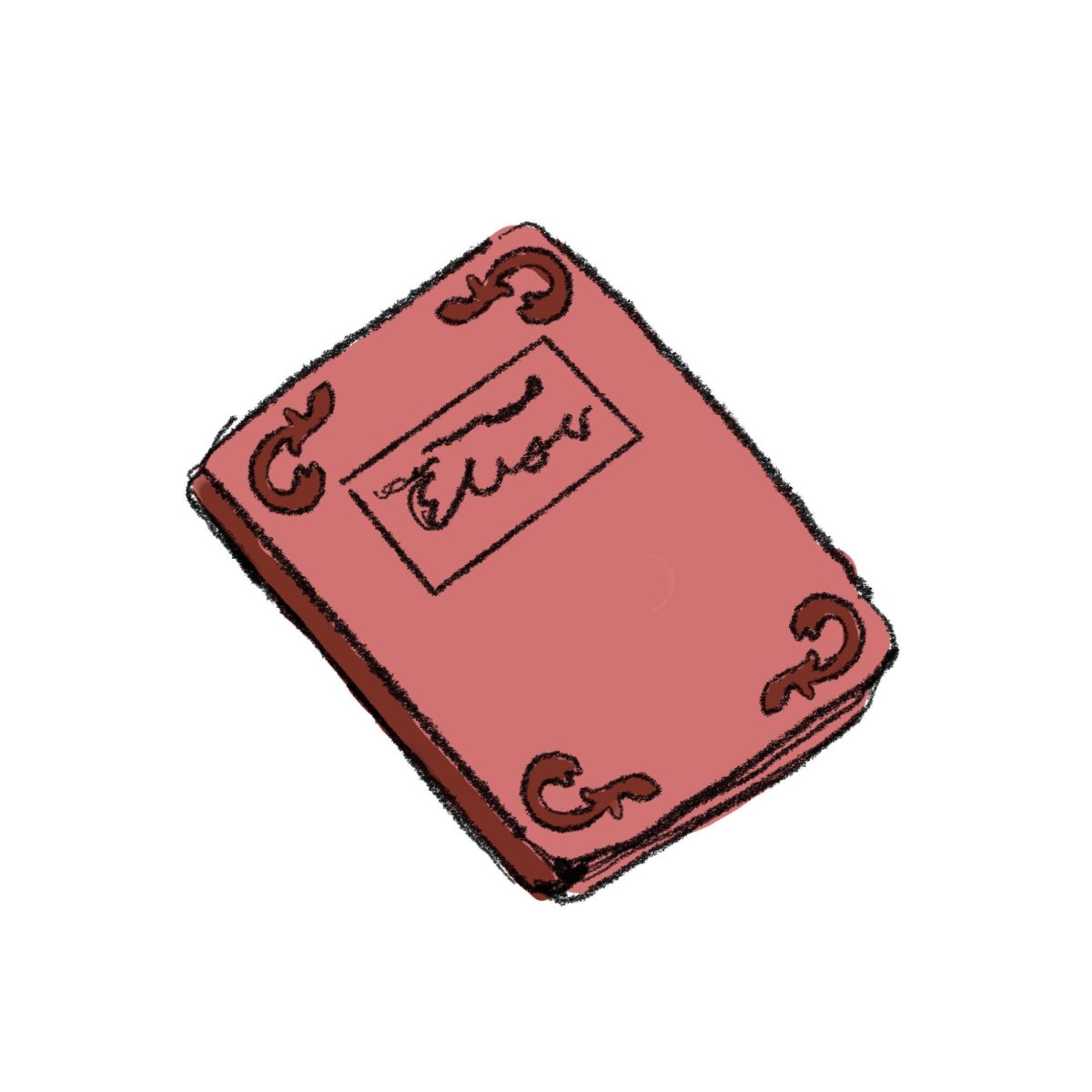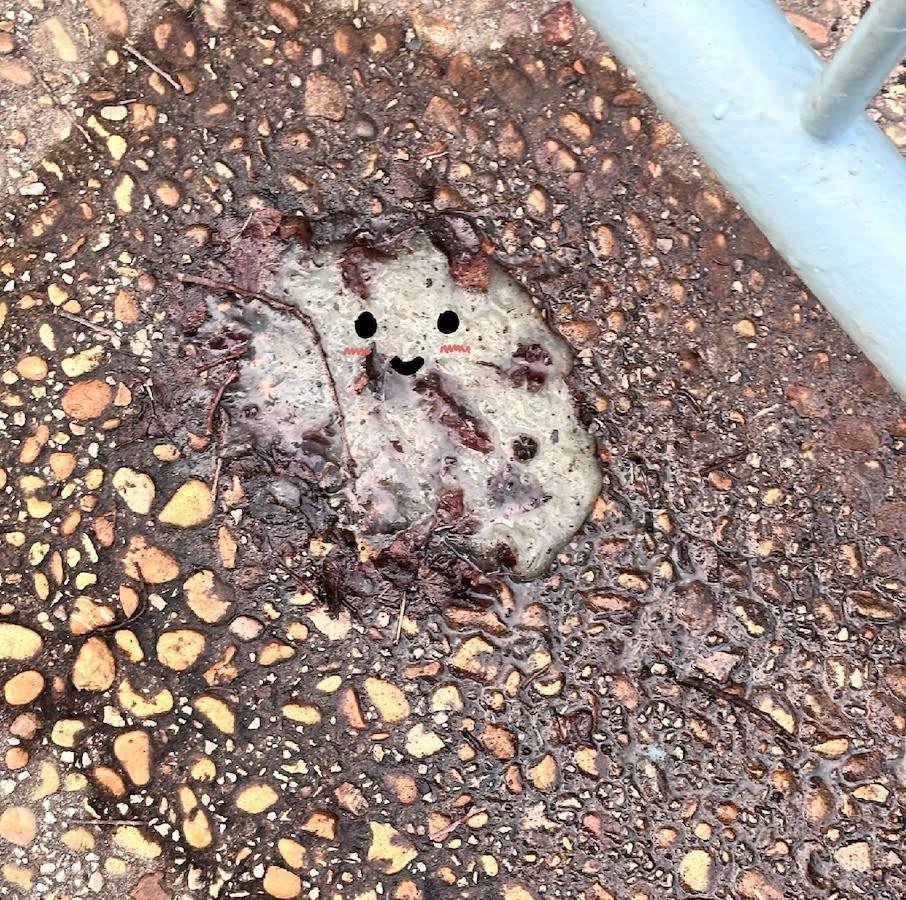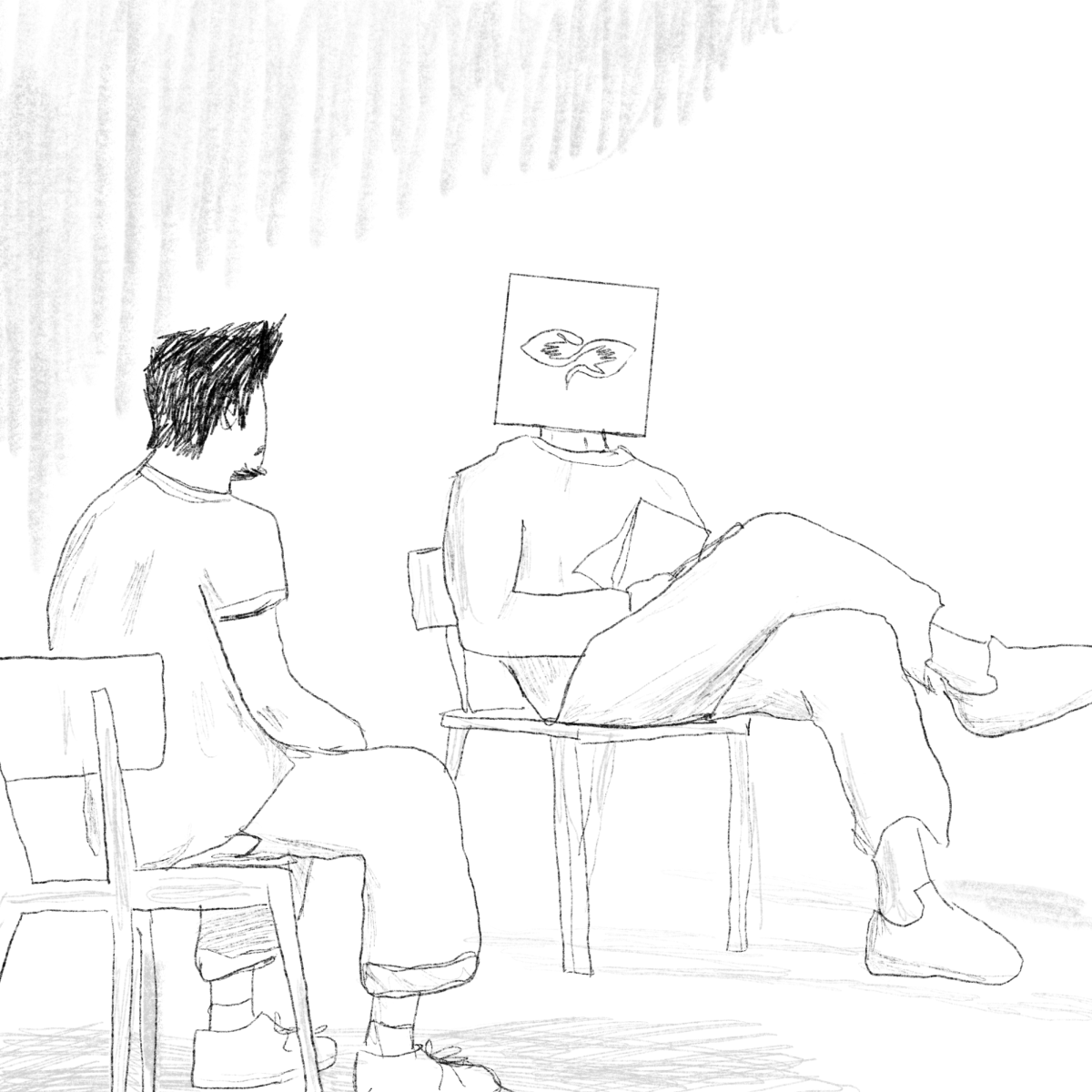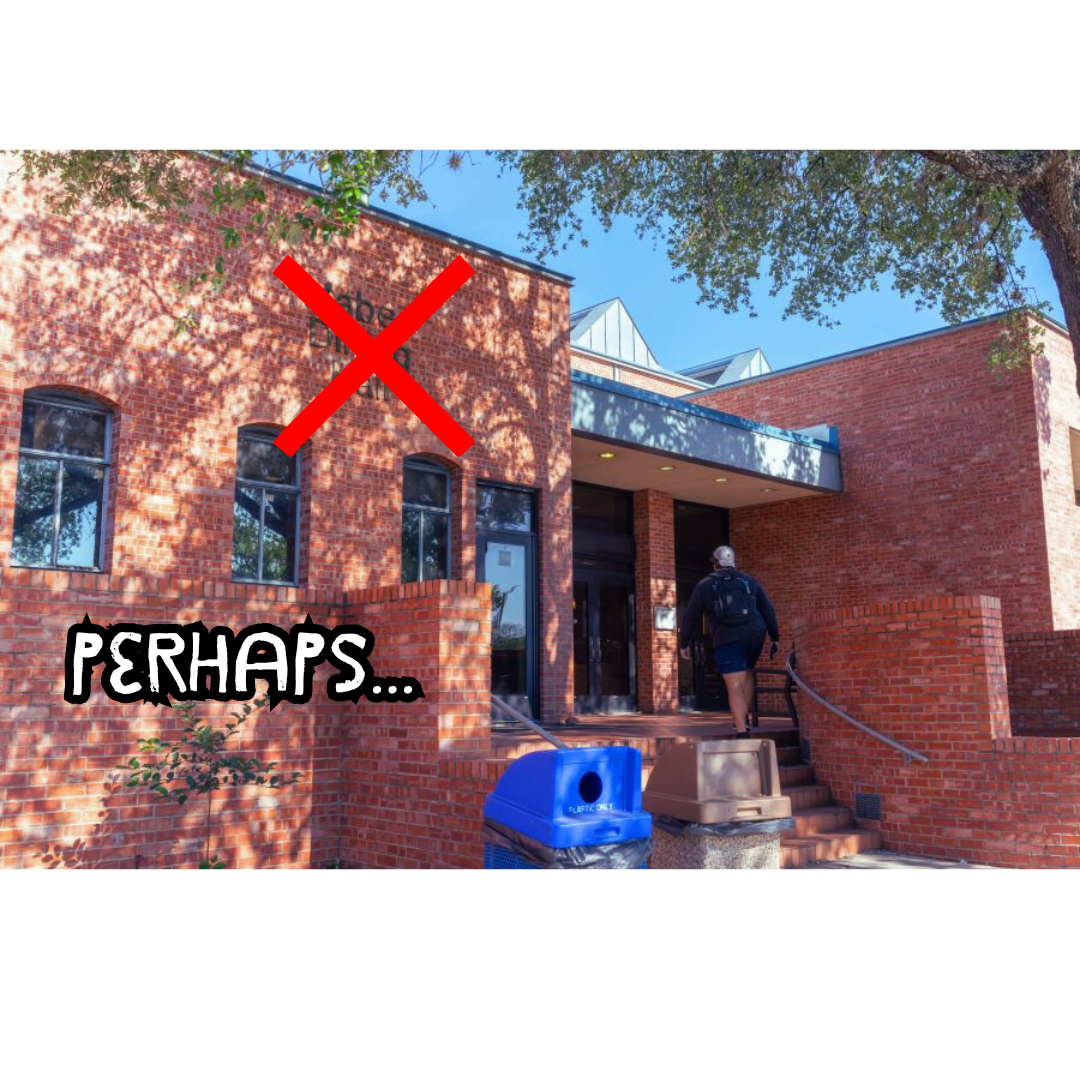According to Trinity’s office of institutional research and effectiveness, 13% of Trinity’s staff are alumni working in Admissions, Academic Coaching and Advising, Center for Experiential Learning and Career Success and much more. A love for student mentorship is what connects these alumni in their roles as Trinity staff.
Becca Burt-Steinbach graduated from Trinity in 2016 and now serves as the assistant director of career development in CELCS. A day-in-the-life of Burt-Steinbach might include individual meetings with students, looking at resumes and cover letters and tackling the big question of “What do I want to do with my life?” both after Trinity or during a student’s time here.
As a student, Burt-Steinbach double-majored in communication and human communication. Her desire to understand interconnectedness, combined with the ability to weave personal passions into her majors and minors, helps her answer that big “What do I want to do?” question.
“I love the process of understanding interpersonal relationships, conflict, how we work and interact together,” Burt-Steinbach said.
Burt-Steinbach built her career in student affairs outside of the classroom. Through her involvement in Orientation Team, Admissions, Alpha Phi Omega and more, Burt-Steinbach had a lightbulb moment:
“We had staff advisors working here … these are all people working at a university, but they’re not professors,” Burt-Steinbach said.
She realized that this campus-staff position was a space where she could mentor students in a meanuz
After graduating from Trinity, Burt-Steinbach pursued her master’s degree in educational leadership and policy. In 2018, she became a staff member at Trinity as an academic coach in the Tiger Learning Commons. She worked there until 2022, when she secured a position in CELCS with more program leadership experience.
“All of this comes back to a mindset for service and serving others,” Burt-Steinbach said. “I feel like I got so much out of my time as a student here, and wanted to pay it forward.”
Jules Poage 2019 alum and academic coach in the Office of Academic Support, told an adjacent story. Poage double-majored in English and art and found ways to weave their interests into extracurriculars by editing and illustrating for Trinitonian and tutoring in the Writing Center.
“I really liked kind of the mentorship aspect of being able to give feedback, like constructive feedback,” Poage said.
Poage worked as a college advisor and an academic advisor at Trinity for two years, and now has been an academic coach for two years as well. In a similar way to Burt-Steinbach, Poage weaves their personal interests in literature and art into their work at Trinity.
“I think coaching is all storytelling… What are the stories we tell ourselves about our relationship with school and with being academics, being scholars?” Poage said. “And when your experience of class is challenging your own preconception, how do we rebuild your relationship with academics, so it becomes more sustainable?”
Wren Ramos (‘22) is one of the youngest alumni currently on staff. In her time at Trinity, Ramos double-majored in theater and communication. She was a tour guide, the marketing coordinator for Trinity Theater and heavily involved in Trinity University Players and the Student Programming Board.
Now, Ramos serves as Trinity’s assistant director of annual giving, advising the Student Ambassadors in planning and directing fundraising events for students, student groups and alumni. As her career at Trinity advances, Wren said she hopes to be an advocate for the students and work alongside them.
Ramos’s passion for uplifting students and her love for higher education is the main reason she wanted to work at Trinity as an alumna. Reflecting on her own experience as a student, she said the mentorship from pivotal staff and faculty who were on her side was truly valuable.
Burt-Steinbach, Ramos and Poage’s work at Trinity reflects their experiences as Trinity students. As a final word of wisdom to students, Poage had this to say:
“Give yourself the time and creativity and imagination to pause and say, ‘what do I really want to be doing?’”




